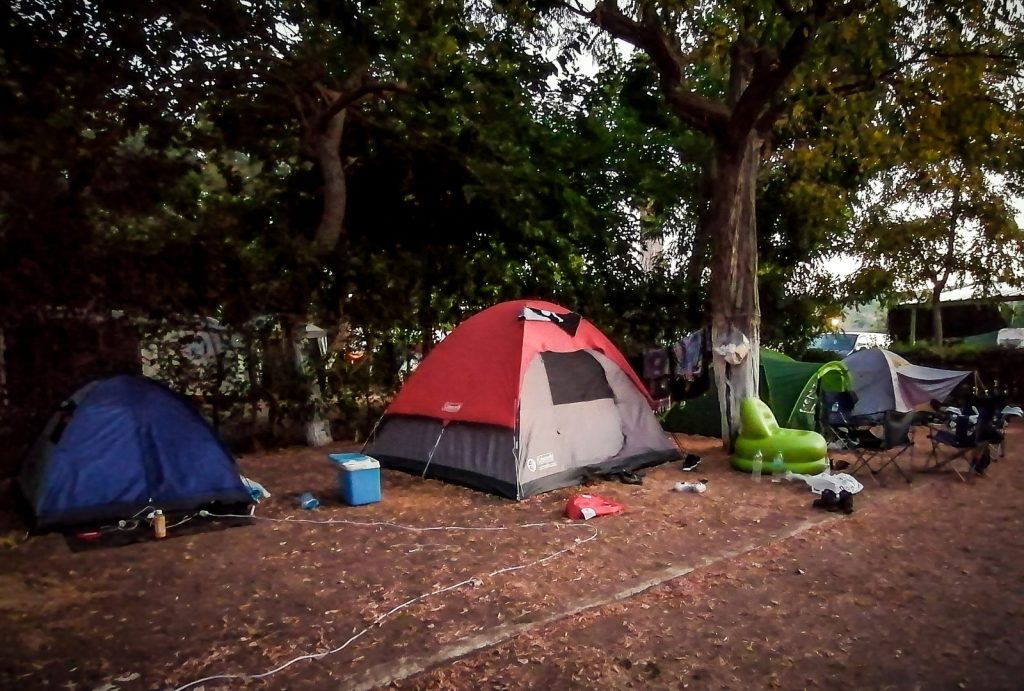Eurostat released a study according to which Greece has one of the highest percentages of people who have never used the internet. According to the study over a third of people in Romania (42%), Bulgaria (41%), Greece (36%), Italy (34%), Portugal (33%), Cyprus (32%) and Poland (32%) have never been online. This is contrast to the countries with the most prolific daily European Internet users, which are in Denmark (84%), the Netherlands (83%), Luxemburg (82%), Sweden (81%), Finland (80%) and the United Kingdom (78%).
The study shows that 79% of households across the EU had internet access in 213, with 76% having a broadband connection, compared to 55% and 42% respectively in 2007. For most Europeans, using the Internet is a daily occurrence, with 62% getting online on a daily basis and 10% at least once per week. On the other hand, 21% have never used the Internet, compared to 37% in 2007.
Regarding electronic governing, about 41% of Europeans have used the internet to carry out transactions with public authorities and services in 2013. These mostly related to tax declarations (44%), issuing personal documents (20%), collecting social benefits and insurance (16%) and signing up to higher education (9%).
The greatest percentage of Internet access were documented in the Netherlands (95%), Luxemburg (94%), Denmark and Sweden (93%), while Bulgaria (54%), Greece (56%) and Romania (58%) offered the least Internet access. At least half of households had a broadband internet connection, with the greatest rates documented in Finland (88%) and Germany (85%).




![Ποια σχολεία θα είναι κλειστά λόγω του καιρού; [Λίστα]](https://www.tovima.gr/wp-content/uploads/2024/01/28/sxoleia-90x90.jpg)